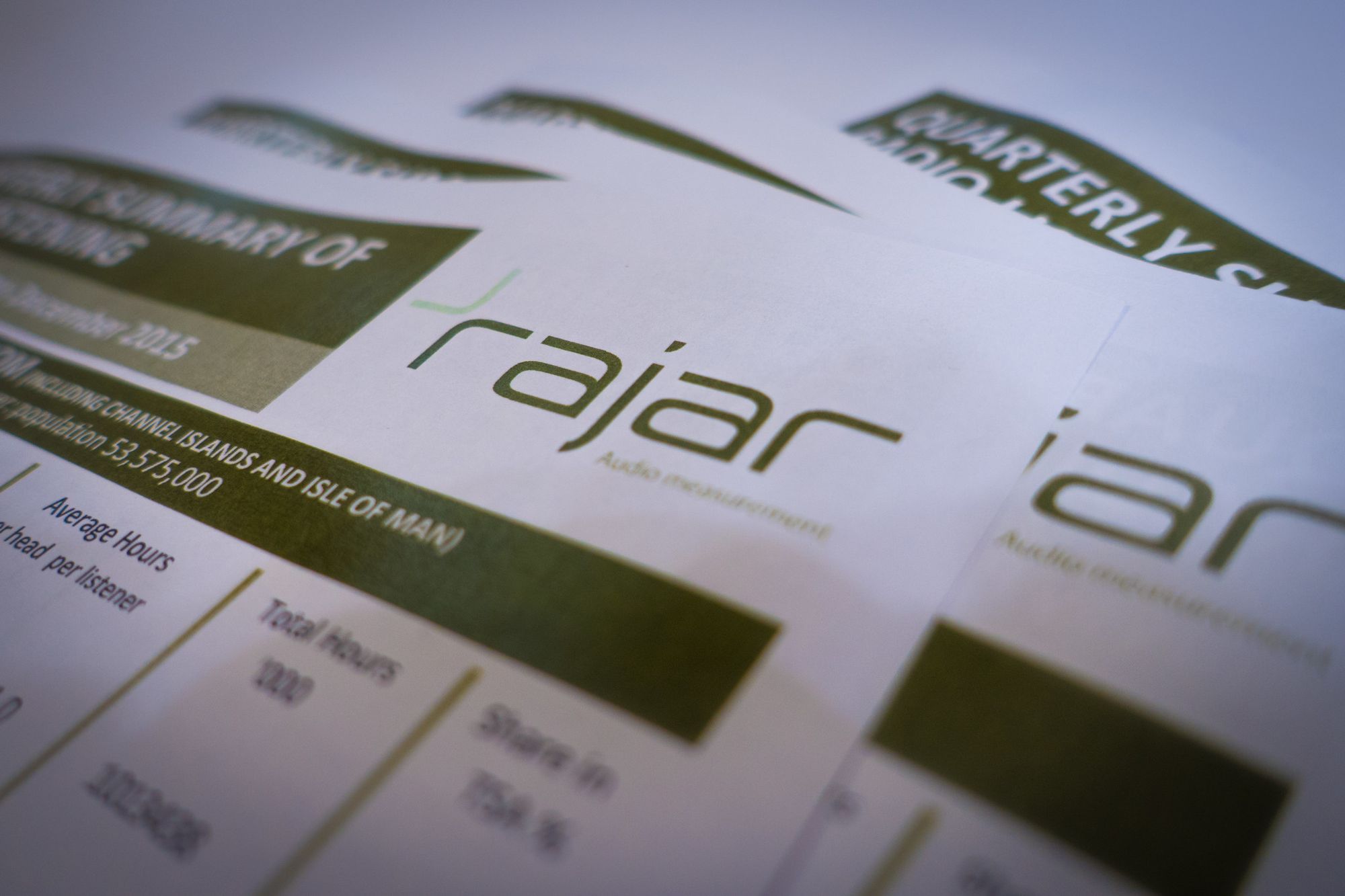In the dynamic world of radio broadcasting, preparation is the key to a successful and engaging show. Whether you're a seasoned radio host or just starting out, a well-prepared show can make a significant difference in capturing and retaining your audience's attention. In this blog post, we'll delve into some effective strategies to help you better prepare your radio shows and deliver content that resonates.
1. Define Your Audience and Goals:
Before diving into show preparation, take a moment to clearly define your target audience and goals. Understand who you're speaking to and what you want to achieve with your show. Are you educating, entertaining, or discussing current events? Tailoring your content to your audience's interests and your show's objectives will help you create a focused and meaningful broadcast.
2. Research Thoroughly:
Well-researched content forms the backbone of any successful radio show. Research your topic extensively to gather relevant facts, statistics, anecdotes, and quotes. This not only adds credibility to your show but also equips you to respond confidently to listener questions or comments.
3. Develop a Structured Outline:
Creating a structured outline for your show is essential. Divide your show into segments, each with a specific purpose. This could include an introduction, main discussion points, guest interviews, music breaks, and a conclusion. Having a clear outline ensures a smooth flow and prevents you from veering off track.
4. Script Key Points and Intros:
While spontaneity is valuable in radio, scripting key points and introductions can help you deliver information succinctly and avoid stumbling over words. Write down your main talking points, transitions, and intros to maintain a professional and polished presentation.
5. Incorporate Engaging Content:
Mix up your content to keep your audience engaged. Share interesting stories, anecdotes, and personal experiences that tie into your topic. Use humor, relevant quotes, and thought-provoking questions to capture your listeners' attention.
6. Plan for Interaction:
Encourage listener interaction by incorporating opportunities for them to call in, send messages, or participate in polls. This not only makes your show more interactive but also provides valuable insights into your audience's preferences and opinions.
7. Invite Guests:
Guest interviews can add depth and variety to your radio show. Invite experts, industry leaders, or individuals with unique perspectives to share their insights on your chosen topic. Prepare thoughtful questions in advance to ensure a smooth and informative conversation.
8. Practice, Practice, Practice:
Practice may not make perfect, but it certainly makes better. Rehearse your show's segments, transitions, and introductions to refine your delivery and pacing. This also helps you identify any potential stumbling points that you can address before going live.
9. Gather Relevant Resources:
Assemble all the resources you'll need during your show, such as notes, reference materials, and any audio clips or music you plan to play. Being well-organized ensures that you can access what you need without disruptions.
10. Revisit Previous Shows:
Reflect on your previous shows to identify what worked well and what could be improved. Use listener feedback to fine-tune your approach and adjust your preparation process accordingly.
In the fast-paced world of radio, preparation is a continuous process that evolves with experience. By defining your audience, conducting thorough research, scripting key points, and incorporating engaging content, you'll be well-equipped to create radio shows that resonate with your listeners and keep them coming back for more. Remember, the more effort you put into preparation, the more rewarding and impactful your radio shows will be.




